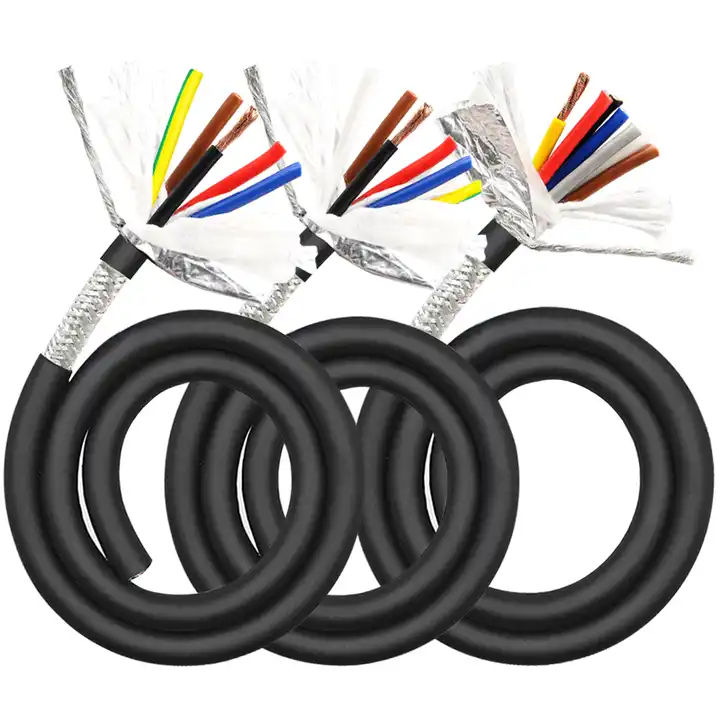As an important material for power transmission, flexible cables are widely used in various fields. However, it is very important to choose the right flexible cable. Today, I will introduce how to choose a suitable flexible cable, and provide guidance from the aspects of materials, structure, environment, etc. to ensure safe, stable and efficient power transmission.Under people’s attention custom multicore cable Finally grow into what people need, born for the market and come for the demand. https://www.linkcablecn.com
When choosing a flexible cable, the first thing to consider is material selection. Common flexible cable materials include copper conductors, polyvinyl chloride (PVC) insulation, etc. Copper conductors are usually selected as high-quality conductive materials, while PVC insulation has good fire resistance, wear resistance and flexibility. In addition to the above materials, there are other materials to choose from, such as low-smoke zero-halogen (LSZH) materials, which can reduce the release of smoke and harmful gases. It is very important to choose the right flexible cable material according to the specific application requirements and environmental conditions.
The choice of flexible wire structure is also a key factor in choosing the right power transmission needs. According to the application requirements, single-core, multi-core or shielded flexible cables can be selected. Single-core cables are suitable for single power transmission, and multi-core cables are suitable for multi-power or signal transmission. Shielded flexible cables have anti-interference characteristics and are suitable for environments that require stable signal transmission. In addition, the conductor cross-sectional area of the flexible cable should also be selected according to the load requirements to ensure the stability and efficiency of power transmission.
The environmental adaptability of the flexible cable is also an important consideration in selecting a high flexible cable. Different application scenarios may face different environmental conditions, such as high temperature, low temperature, humidity, corrosion, etc. Therefore, when selecting a flexible cable, the temperature resistance, weather resistance and corrosion resistance of the cable should be considered. Flexible cables that adapt to the environment can ensure the stability and safety of power transmission.
When selecting a flexible cable, the reliability of the cable should also be considered, whether it has passed the corresponding certification. Reliability includes the durability, tensile strength, insulation performance, etc. of the cable. In addition, CE certification, UL certification and RoHS certification are important signs for judging the quality of the cable and meeting environmental requirements. Choosing a certified flexible cable can ensure the stability and safety of power transmission.
Choosing a suitable flexible cable is the key to ensuring the safety, stability and efficiency of power transmission. When selecting a flexible cable, the material selection should be comprehensively considered, the structure selection, the environmental adaptability selection, the reliability certification and other factors. According to the specific application requirements and environmental conditions, select a flexible cable with good conductivity, durability and environmental adaptability. By choosing the right flexible cable, you can ensure the quality and reliability of power transmission and improve the efficiency and safety of the power system. When choosing a flexible cable, it is recommended to refer to professional power transmission standards and consult Changyu cable manufacturers to ensure that you choose the right flexible cable to meet specific power transmission needs.